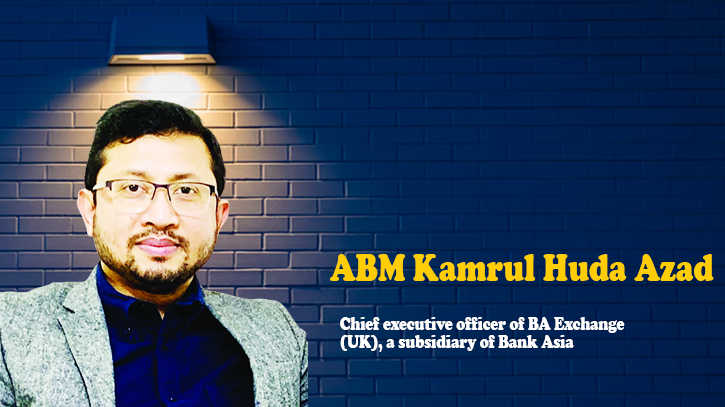
Photo: Messenger
The financial landscape in Bangladesh is currently undergoing a critical transformation, particularly in the banking sector through Mergers and Acquisitions (M&A). While bank acquisition in Bangladesh is not a new concept, it has gained renewed momentum recently. Bank Asia Ltd. (currently Bank Asia PLC) has been the first Bangladeshi bank to acquire two foreign banks: The Bank of Nova Scotia, Canada, in 2001 and Muslim Commercial Bank Limited (MCB) in 2005. AB Bank (formerly Arab Bangladesh Bank) acquired the troubled Oriental Bank back in 2007.
However, the recent move by Bangladesh Bank to encourage healthier banks to acquire their struggling counterparts is very strategic in responding to the challenges posed by banks with poor asset quality. This initiative aims to ensure market stability and enhance the overall health of the banking sector.
Mergers and acquisitions (M&A) in the banking sector stabilise the market by facilitating the absorption of weaker banks by stronger ones. They create a more resilient banking infrastructure capable of withstanding economic fluctuations and enhancing efficiency and economies of scale. Other advantages include optimisation of resources, operational efficiencies, access to better management, technologies, and practices, cost reduction, improved financial health, asset quality, customer service, and driving innovation. However, they also pose some threats, such as the potential for reduced competition leading to monopolistic practices, job redundancies, internal cultural conflicts affecting employee morale and productivity, and, most importantly, the inherent regulatory complexities in the M&A process.
Despite the challenges, the recent trend of merging weak banks with better-performing ones has gained prominence due to Bangladesh Bank regulations and stakeholder initiatives.
Bangladesh Bank's plan to categorise banks into four clusters based on the Capital to Risk (Weighted) Assets Ratio (CRAR) and actual default loan rate highlights its commitment to enhancing financial stability.
At the same time, concerns have been voiced by bankers regarding the potential impact of strong banks taking over the responsibilities of weak banks. This concern reflects the need for careful planning and risk assessment to avoid adverse effects on the financial indicators of strong banks. Transparency International Bangladesh (TIB) also raised concerns regarding the pace and approach of bank mergers. These concerns reflect the need for careful consideration and transparency in the merger process to mitigate potential risks.
The impending implementation of Prompt Corrective Action (PCA) regulations from March 2025 further solidifies this regulatory framework. PCA will categorise banks into four groups, imposing restrictions on profit distribution, operational costs, and other activities. Furthermore, Bangladesh Bank's policy to restrict the business scope of weaker banks from March 2025 signals a pivotal moment for the banking sector. The forthcoming merger or acquisition processes will be based on criteria such as capital adequacy, non-performing loans, liquidity, and good governance, ensuring a thorough evaluation of bank health.
While the regulatory framework and stakeholder initiatives aim to strengthen the banking sector through mergers and acquisitions, there is a need for careful consideration of potential challenges and risks. Transparency, collaboration, and diligent risk assessment will be essential in navigating this transformative period in Bangladesh's banking landscape. Many good banks worldwide have failed primarily after the acquisition of bad banks. The Royal Bank of Scotland (RBS) is a significant example that acquired ABN Amro just before the financial crisis in 2008, leading to their own downfall.
The writer is the chief executive officer of BA Exchange (UK), a subsidiary of Bank Asia. He could be reached at [email protected].
Messenger/Fameema








